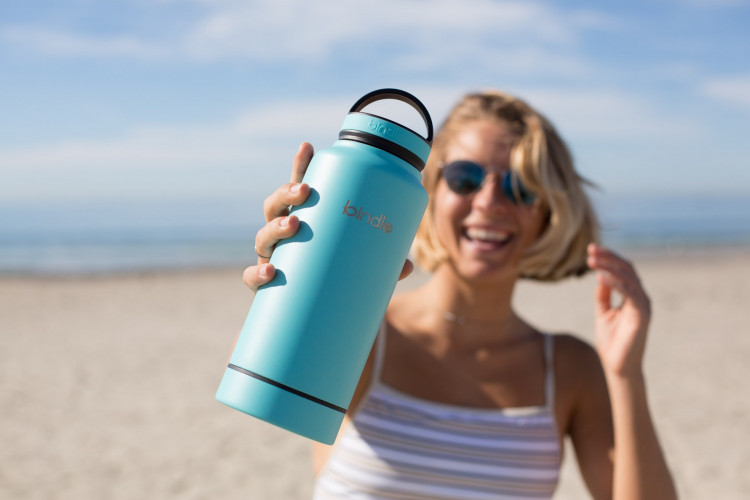Maybe you've been drinking a lot of water even when you're not thirsty. Be careful, you could be overhydrating yourself. You see, getting thirsty is the way your body signals you that you need to hydrate yourself. But going overboard with fluid consumption would do more harm than good, which would defeat the very purpose of consuming all that extra water.
Popular celebrities, friends, and your own family members suggest that you drink as much water as possible during the day. What nobody bothers asking you is just how much is too much?
According to a study published in the journal Nutrition, overhydration will affect your health to the degree that you may not be able to retain certain nutrients and minerals within your body. Needless to say, this can lead to deficiencies and associated health problems.
So, how can you know that you're overhydrating yourself? Read on to know the signs.
Clear urine
The easiest way to monitor your body's hydration level is to check the color of your urine. If it's dark yellow, you're dehydrated. However, if it is very bright yellow, the hydration is perfect. When it's crystal clear, almost like wine, you're overhydrated.
Frequent urination is a primary symptom of overhydration. What's more, it might force you to wake up several times in the night to answer the call of nature. This will not only interrupt your sleep cycle; it will also discard essential minerals from your body.
Fatigue
Water helps preserve the electrolyte balance of the body. Electrolytes are actually helping to keep our energy levels up. If you drink so much water, you will flip the balance, leaving you exhausted and drowsy.
Do you know that the most common electrolyte deficiency in the blood is called low-sodium hyponatremia? Many of the signs of overhydration are due to this.
Swelling
This is a result of a reduced level of sodium in the blood. If you're eating a salty diet, it's natural to feel bloating. Yet low sodium levels allow the body's cells to store more water. Because of this, your lips, your face, and your legs end up feeling swollen.
Muscle cramps
Do you know your muscles need sodium to stay strong? Failure to do so will lead to muscle weakening, spasms, and cramps. Drinking too much water is one of the main causes of sodium deficiency.
If you drink so much water, the salt in your blood will be diluted. It ends up being drained out of the body through sweat and urine, which can lead to a deficiency.
Too much of anything is never a good idea. It's the same for water! So, keep a watch on the water levels, and don't get overboard.






